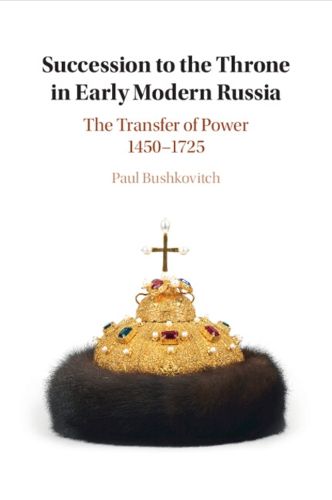Readings Newsletter
Become a Readings Member to make your shopping experience even easier.
Sign in or sign up for free!
You’re not far away from qualifying for FREE standard shipping within Australia
You’ve qualified for FREE standard shipping within Australia
The cart is loading…






This revisionist history of succession to the throne in early modern Russia, from the Moscow princes of the fifteenth century to Peter the Great, argues that legal primogeniture never existed: the monarch designated an heir that was usually the eldest son only by custom, not by law. Overturning generations of scholarship, Paul Bushkovitch persuasively demonstrates the many paths to succession to the throne, where designation of the heir and occasional elections were part of the relations of the monarch with the ruling elite, and to some extent the larger population. Exploring how the forms of designation evolved over the centuries as Russian culture changed, and in the later seventeenth century made use of Western practices, this study shows how, when Peter the Great finally formalized the custom in 1722 by enshrining the power of the tsar to designate in law, this was not a radical innovation but was in fact consistent with the experience of the previous centuries.
$9.00 standard shipping within Australia
FREE standard shipping within Australia for orders over $100.00
Express & International shipping calculated at checkout
This revisionist history of succession to the throne in early modern Russia, from the Moscow princes of the fifteenth century to Peter the Great, argues that legal primogeniture never existed: the monarch designated an heir that was usually the eldest son only by custom, not by law. Overturning generations of scholarship, Paul Bushkovitch persuasively demonstrates the many paths to succession to the throne, where designation of the heir and occasional elections were part of the relations of the monarch with the ruling elite, and to some extent the larger population. Exploring how the forms of designation evolved over the centuries as Russian culture changed, and in the later seventeenth century made use of Western practices, this study shows how, when Peter the Great finally formalized the custom in 1722 by enshrining the power of the tsar to designate in law, this was not a radical innovation but was in fact consistent with the experience of the previous centuries.